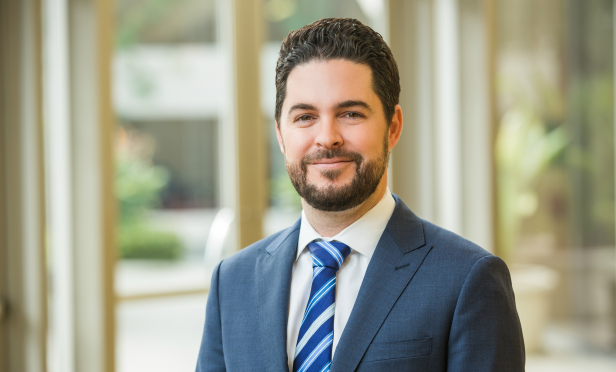 Hugh Seifert Brian Krebs Barrington Capital Corp. GlobeSt.com: What are your client's biggest concerns about the rising interest rates? Hugh Seifert:
Hugh Seifert Brian Krebs Barrington Capital Corp. GlobeSt.com: What are your client's biggest concerns about the rising interest rates? Hugh Seifert:  GlobeSt.com: How are you advising your clients to prepare for the increase in interest rates? Brian Krebs: GlobeSt.com: How do you anticipate that this increase in interest rates will impact the commercial real estate market and activity? Seifert: GlobeSt.com: Which asset classes and capital sources will be impacted the most? Krebs: GlobeSt.com: How will rising interest rates impact pricing and cap rates? Seifert: GlobeSt.com: Interest rates are expected to rise through the end of the year. How high do you think that they will go? Krebs:
GlobeSt.com: How are you advising your clients to prepare for the increase in interest rates? Brian Krebs: GlobeSt.com: How do you anticipate that this increase in interest rates will impact the commercial real estate market and activity? Seifert: GlobeSt.com: Which asset classes and capital sources will be impacted the most? Krebs: GlobeSt.com: How will rising interest rates impact pricing and cap rates? Seifert: GlobeSt.com: Interest rates are expected to rise through the end of the year. How high do you think that they will go? Krebs:© Touchpoint Markets, All Rights Reserved. Request academic re-use from www.copyright.com. All other uses, submit a request to [email protected]. For more inforrmation visit Asset & Logo Licensing.






